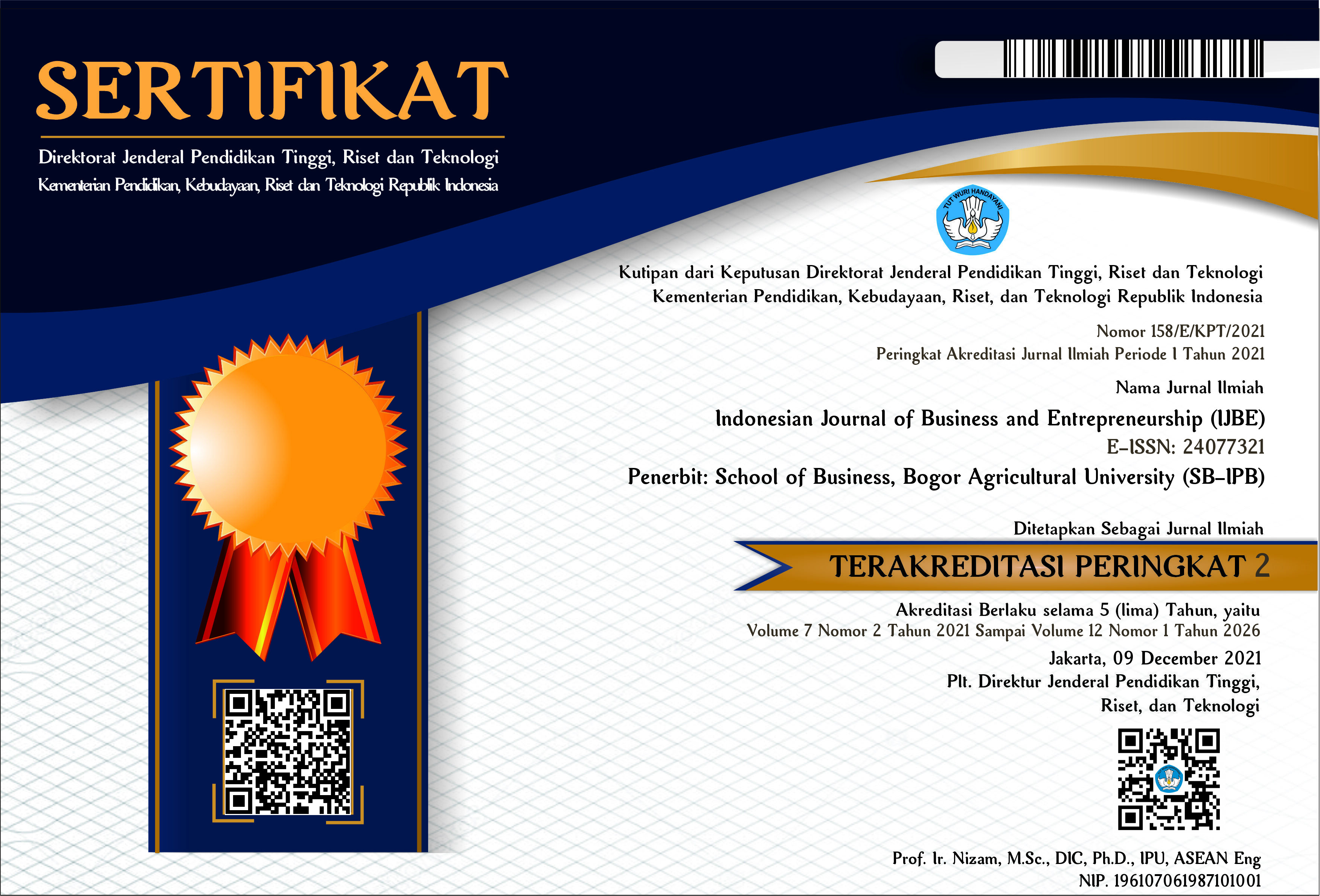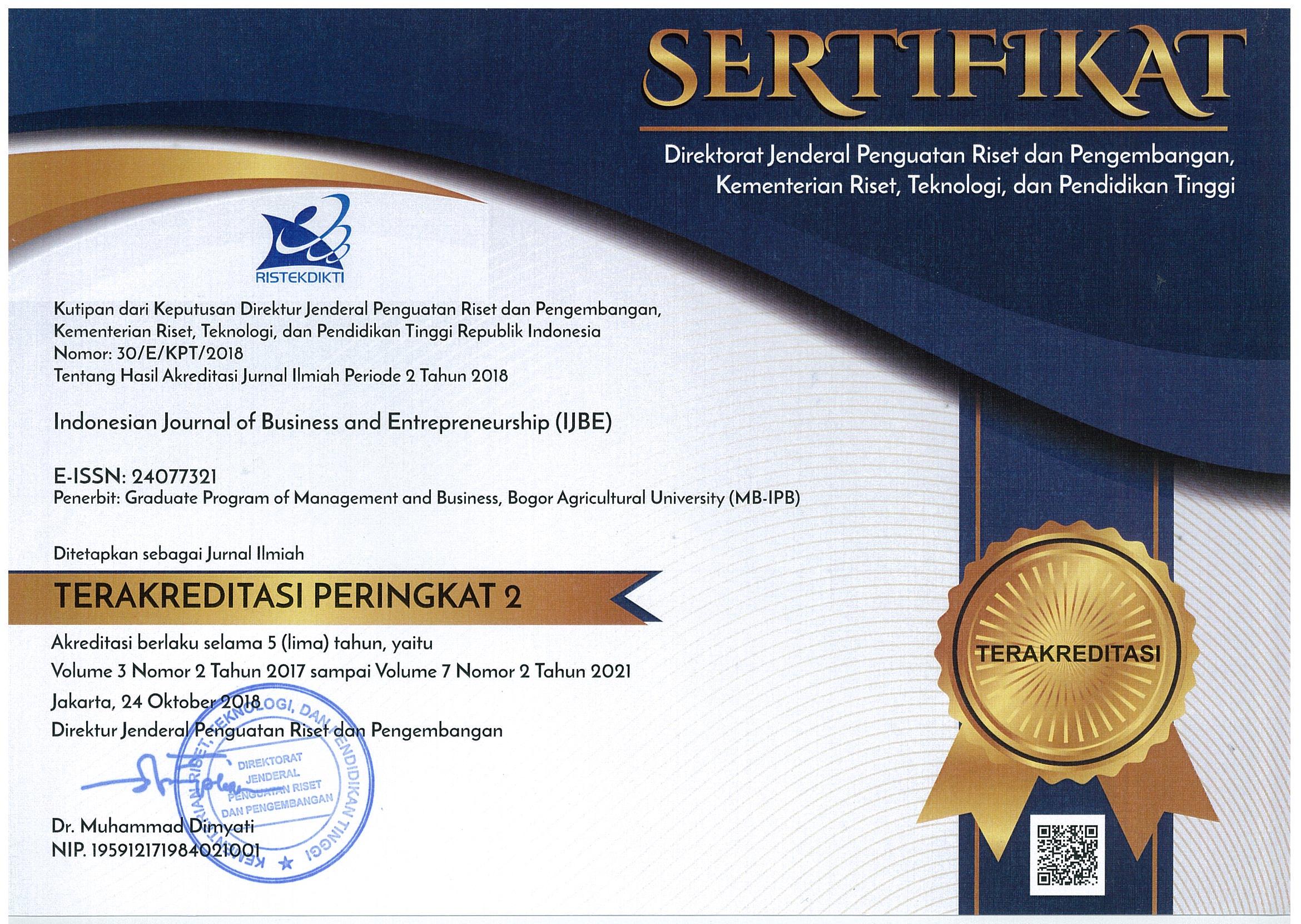HOW DOES TAX AVOIDANCE AFFECT FIRM VALUE? (LESSONS FROM SOE AND INDONESIAN PRIVATE COMPANIES)
Abstract
Taxes are the main source of state revenue and become an important factor for the running of government and development of the country with the largest contribution coming from corporate income tax. Different objectives of business ownership result in different tax management. This study analyzes the characteristics of tax avoidance, determinants and influences on firm value in state-owned and private companies. This study uses secondary data sources in the form of quarterly company financial statements, company stock price reports, and other related data. Descriptive and panel data analysis were used to examine the sample in this study which includes non-financial companies that are continuously profitable and listed in the LQ45 index for the period February 2014 to July 2019. The results of the study explain that private companies are more dominant in tax avoidance conduct compared to State-Owned Enterprises (SOEs). The determinants that influence the tax avoidance of SOEs are ROA and firm size, whereas in private companies there are no determinants that have a significant effect. There is significant negative impact in State-owned companies from tax avoidance on the firm value, while private company does not have a significant effect.
Keywords: effective tax rates, firm value, SOE, Private, tax avoidance







